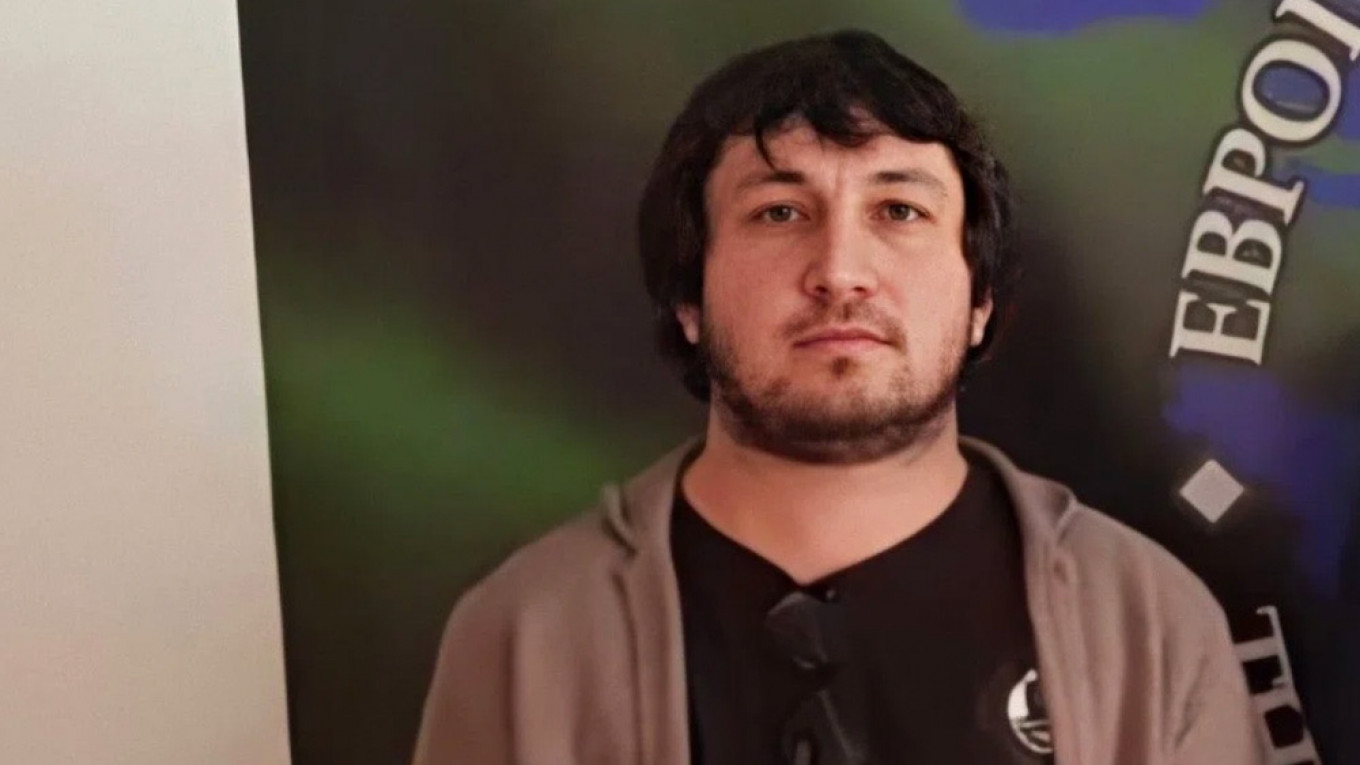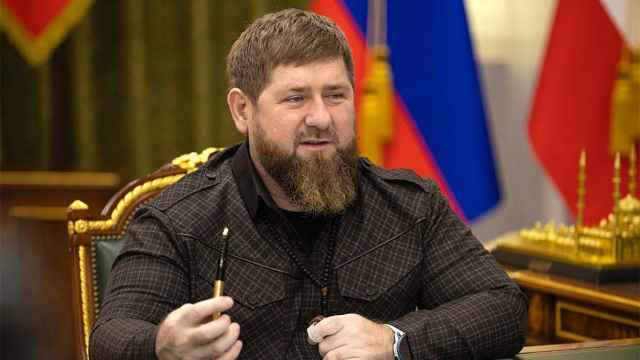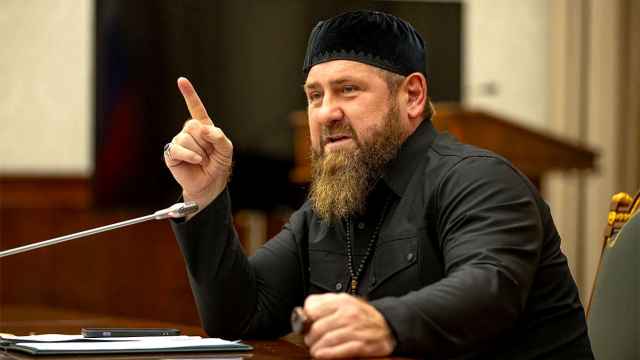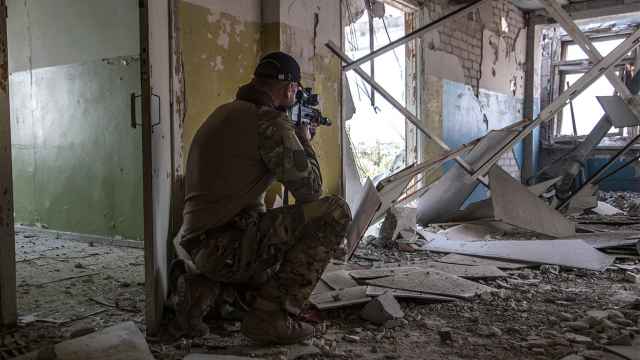Magomed Gadaev, 37, an asylum seeker from Chechnya and key witness in a high-profile torture case against Chechnya’s leadership, was abducted by Chechen security officials on April 11, two days after his deportation from France to Russia.
France expelled Gadaev on April 9, despite a ruling by the national asylum court recognizing that he could come to harm if deported to Russia and asking the authorities to ensure he not be sent back.
Border guards at the Moscow airport held Gadaev for 12 hours before allowing him to board a flight to Novy Urengoi, where his relatives live. Soon after the flight landed, two Chechens apparently linked to Chechnya’s authorities appeared at his relatives’ doorstep demanding to see Gadaev.
Gadaev and his lawyer went to the police to report the threats and surveillance they had noticed, and returned to the apartment they were staying at accompanied by police officers who were supposedly designated to ensure their safety.
The next day, the police asked Gadaev and his lawyer to meet with an investigator. When they left the apartment, Chechens in plain clothes forced Gadaev into a car, as the local officers stood by. One of the men pushed Gadaev’s lawyer away and said they were taking Gadaev, and the local police could answer any questions. At the station, police told the lawyer they did not know what happened.
On April 12, the lawyer travelled to Grozny, where law enforcement authorities claimed they weren’t aware of the case. But, on the morning of April 13 according to Gadaev’s relatives, Chechen security officials brought Gadaev to his parents’ home to briefly speak with his mother. They didn’t explain why they were holding him and quickly led him away. Before his detention, Gadaev had told his family and lawyer that if Chechen authorities detained him and then present any written confession, it would have been the result of torture. Gadaev’s lawyer finally learned he was held at the Urus-Martan police department, but police there didn’t let him in.
Torture in Chechnya is widespread. If any harm comes to Gadaev, police in Novy Urengoi will be complicit and so will French authorities. The French Interior Ministry’s decision to expel Gadaev put him at immediate risk of torture and his life in jeopardy violating France's international obligations prohibiting the return of any person to a country where they are at risk of torture.
A Message from The Moscow Times:
Dear readers,
We are facing unprecedented challenges. Russia's Prosecutor General's Office has designated The Moscow Times as an "undesirable" organization, criminalizing our work and putting our staff at risk of prosecution. This follows our earlier unjust labeling as a "foreign agent."
These actions are direct attempts to silence independent journalism in Russia. The authorities claim our work "discredits the decisions of the Russian leadership." We see things differently: we strive to provide accurate, unbiased reporting on Russia.
We, the journalists of The Moscow Times, refuse to be silenced. But to continue our work, we need your help.
Your support, no matter how small, makes a world of difference. If you can, please support us monthly starting from just $2. It's quick to set up, and every contribution makes a significant impact.
By supporting The Moscow Times, you're defending open, independent journalism in the face of repression. Thank you for standing with us.
Remind me later.








